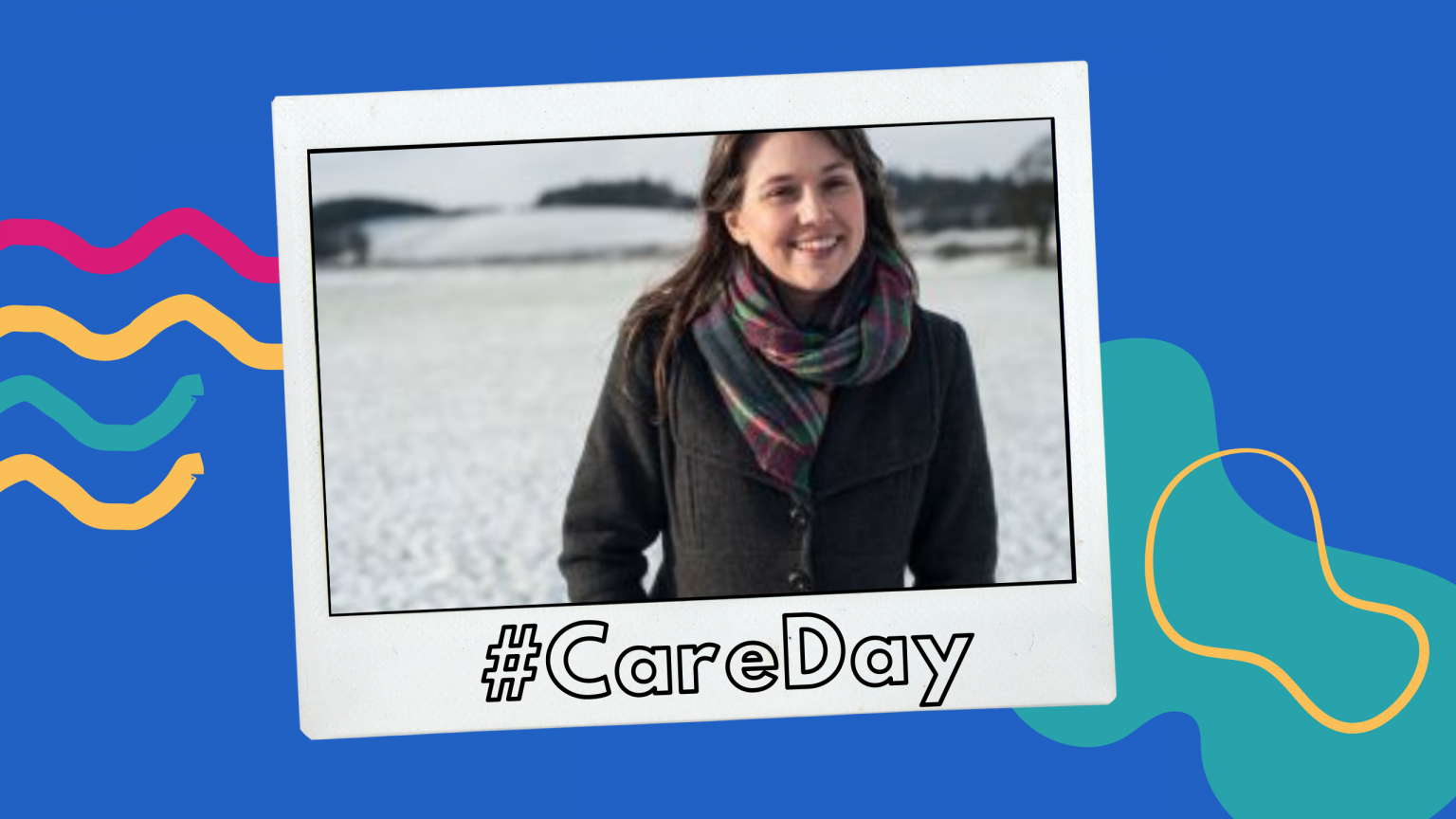On Friday 10th June 2022, a TV adaptation of the novel ‘My Name is Leon’ by Kit de Waal hit TV screens. The drama tells the story of Leon, a young mixed-race boy who is placed into the care system when his mother falls unwell, and his attempts to be reunited with her and his baby brother Jake.
The story begins with Leon and Jake living with their single mother, who is having difficulty caring for the two young boys, and often leaves Leon to look after Jake with only his toy soldiers for company. Initially, it seems as though Mum is intentionally ignoring her children which angered me slightly, but it soon becomes clear that something is wrong. And when Leon rushes to a neighbour for money to buy food, the two boys are removed from their home as their mum is too unwell to care for them. This is a steer away from outdated tropes where either the young person is troublesome, or the carers are neglectful.
In the story of Leon, nobody is to blame for the boys being placed into care, but it hurts, confuses and worries everyone all the same.
Confusion is a reality of care for many. Being removed from the family home is experienced through Leon’s eyes as a complete blur, and such events are shown in a way that is quite true to life, as they are very much sprung upon Leon, meaning he’s left trying to find reason in the chaos. One such instance is when, having been staying with a kind and loving foster carer, named Maureen, for a short time, it is revealed that his baby brother Jake has been assigned an adoptive family without him. In his confusion and in a whirlwind of emotions he tears apart his room, unable to understand why life is happening to him the way it is.
With Maureen in hospital having fallen ill and the home being watched over by her less than friendly sister, Leon begins to find some of the answers he is looking for elsewhere. It is here that the strong racial themes of the story begin coming into play. Whilst Leon is a mixed-race child, his baby brother Jake is white. The theme picks up later as Leon befriends a Jamaican man named Tufty who works on an allotment growing plants and vegetables.
As a curious young boy, Leon quizzes Tufty on his situation and explains that he has been separated from his younger brother and plans to travel to Bristol to reunite with him. Having been separated from his parents in Jamaica, Tufty empathises with Leon’s struggle. Based on his own experiences in early 80s Britain as a black man, Tufty answers Leon’s questions, explaining that he and his brother had been separated from each other because Jake is white, and that racial prejudice has meant that families are less willing to care for Leon.
In befriending Tufty, Leon has found his family of sorts – a group of people who empathise with and understand him.
While I’m unqualified to comment on the racial elements of such an experience, searching for a place to call your own is something a lot of Care Experienced people can relate to. Although the reason for their meeting is quite contrived, the relationship between Tufty and Leon shows the power of positive relationships in the lives of Care Experienced people and the value of belonging. Tufty ends up being a role model for Leon and supports him towards his dream of being reunited with Jake.

Leon takes Tufty’s answers to heart and questions Maureen and social work on whether race has played a part in why him and Jake have been separated. They don’t give him the answer he is looking for and say it’s simply his age that’s an issue. Leon, however, experiences racial prejudice first-hand when he is assaulted by a police officer after following him to take part in a riot.
As we rather abruptly, in my opinion, reach the end of the story, we have travelled through a short period in the life of a young boy, yet seen significant change – a harsh and preventable reality for many Care Experienced people. We are left with Leon, Tufty, Maureen and her sister at the dinner table with no resolution – it feels as though there should be a another episode, and although it could be argued that hooking me in to want more is a positive, in my opinion it did not feel finished.
That said, overall, the programme was good. The characters provoked genuine responses of anger and empathy, and I felt the areas of care I’ve experienced were handled accurately, and those I haven’t seemed believable.
If you’d like to review something, whether it’s a TV show, a book, a film or anything, please let us know by emailing membership@whocaresscotland.org or messaging us on social media. We love hearing what you think about things!








